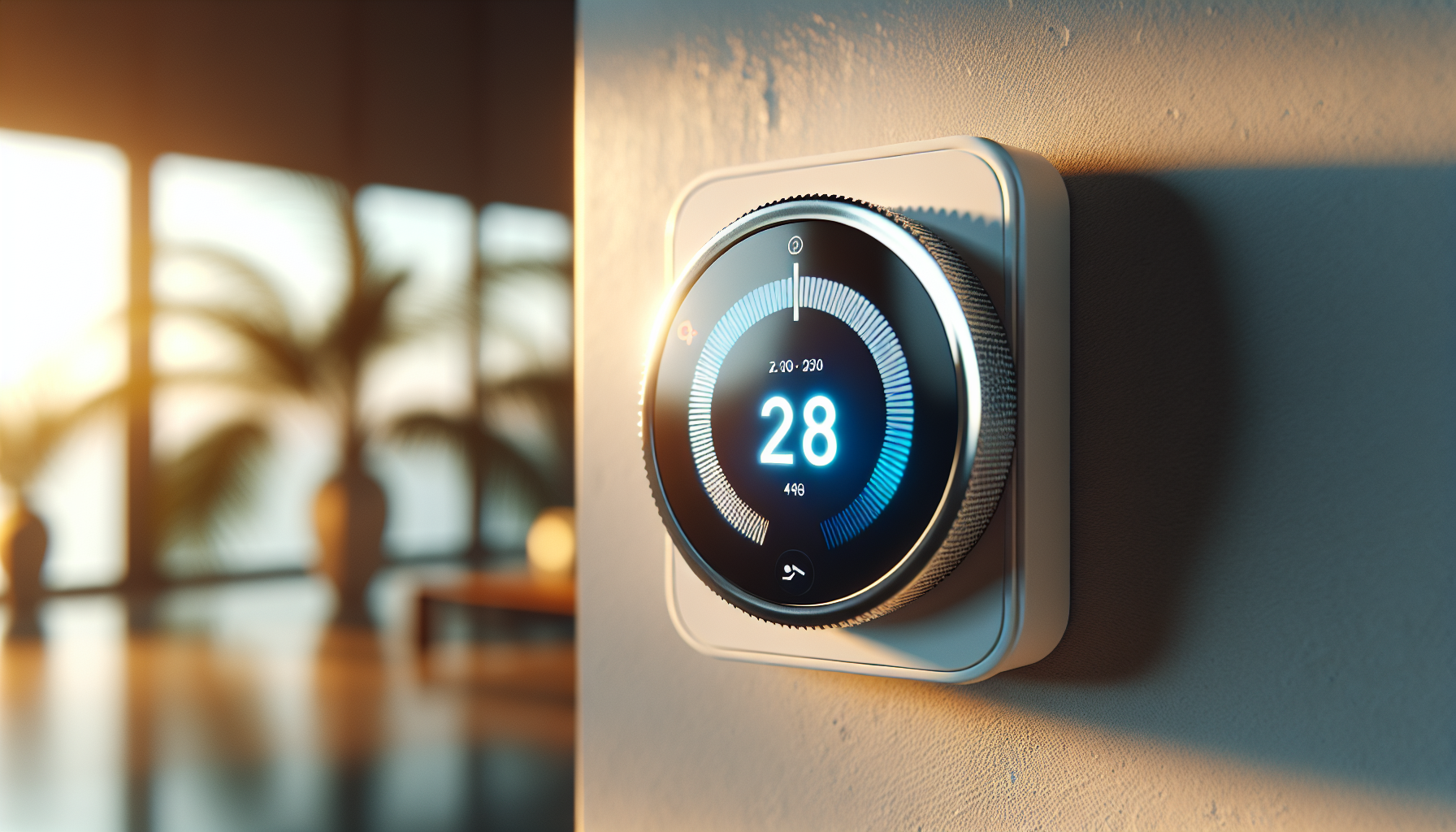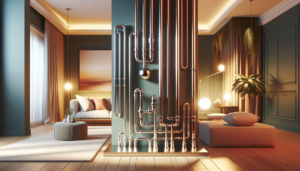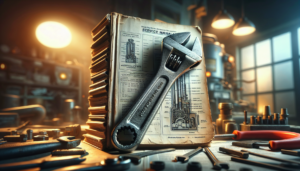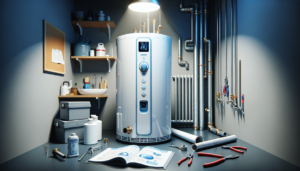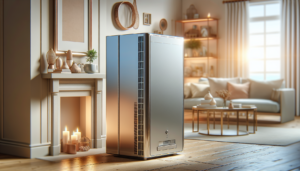Did you ever wonder why some rooms in your house feel hot while others feel cold?
Table of Contents
ToggleZone Control System Maintenance Near Warrington FL
You will read clear and simple steps about zone control system maintenance. You will learn what parts the system has and how each part works. You will see what signs mean that your system needs help. You will find simple checks you can do yourself. You will see when you should call a professional.
What a zone control system is
You use a zone control system to heat or cool parts of your home separately. The system has multiple thermostats. The system has motorized dampers inside the ductwork. A central control panel tells the dampers and the HVAC unit what to do. The system gives you more control over comfort. The system can save energy when you use it well.
Why people in Warrington FL get zone systems
You live in a place with warm months and mild winters. You may have rooms that get more sun. You may have rooms that stay cooler. A zone system helps you handle those differences. The system lets you keep one room cool and another room warm without wasting energy.
Main parts of the system
You need to know the parts so you can keep them working. Each part has a simple job. The table below shows the parts and the job each part does.
| Part | Job |
|---|---|
| Thermostat | You set the temperature. The thermostat tells the control panel. |
| Control panel | The panel sends commands. It tells dampers and the HVAC unit. |
| Motorized dampers | The dampers open and close. They direct air to each zone. |
| Sensors | Sensors measure temperature. They send readings to the control panel. |
| Wiring and connectors | Wires carry signals and power. Connectors join the wires. |
| HVAC unit | The unit heats or cools the air. It supplies air to the ducts. |
| Ductwork | Ducts carry air to rooms. Leaks reduce system efficiency. |
How the system works
You set a thermostat in one room. The thermostat sends the temperature request to the control panel. The control panel tells the dampers to open for that zone. The control panel may turn the HVAC unit on. The unit sends heated or cooled air into the ducts. The dampers guide the air to the right rooms. The sensors tell the control panel when a zone reaches the set temperature. The control panel then closes the dampers for that zone or turns off the HVAC unit.
Benefits you can expect
You will feel more comfort in each room. You will waste less energy when you do not heat or cool empty rooms. The HVAC system may run less often and last longer. You may save money on utility bills. You will have fewer temperature fights in your house.
Signs your zone control system needs maintenance
You should watch for simple signs of trouble. You should act early to avoid bigger problems. Here are signs to watch for.
Uneven temperatures
You will feel some rooms that stay hot or cold compared to others. The thermostat reading and the room can differ by many degrees. The dampers may not open or close properly. The sensors may give wrong readings.
Strange noises
You may hear clunks or whines from the ducts. The dampers may make clicking sounds. The control panel may beep to show an error. The HVAC unit may run louder than usual.
High energy bills
You may see your bill grow without reason. The system may run longer to reach the set temperature. Leaks or stuck dampers can waste energy.
Short cycling
Your HVAC unit may turn on and off quickly. The control panel may send too many start signals. Short cycling can wear the unit out faster.
Uneven airflow
You may feel weak airflow in some vents. The dampers may stay partly closed. The ducts may have blockages or leaks.
Error codes or warning lights
You may see code numbers or flashing lights on the control panel. The codes tell you what part has a problem. Write down the code and call for help if you cannot fix it.
Simple maintenance schedule you can follow
You can do small tasks each month and call a pro for the bigger tasks every year. The table below gives a clear plan.
| Frequency | Tasks you do | Tasks a pro should do |
|---|---|---|
| Monthly | Check thermostat batteries. Check filters. Look at vents. | N/A |
| Every 3 months | Replace or clean air filters. Clean vents. | N/A |
| Every 6 months | Test thermostat settings in each zone. Look for leaks in duct visible areas. | Inspect wiring connections. |
| Annually | N/A | Full system inspection. Clean and lubricate damper motors. Calibrate sensors. Check control board. Test HVAC operation. Seal duct leaks. |
How to check thermostats
You should test thermostats to make sure they read correctly. You should replace batteries when the screen goes dim or when the thermostat shows low battery. You should set the thermostat to a test temperature and watch the system. You should note how long it takes for the HVAC to respond. If one thermostat does not make the system respond, the wiring or control panel may have a problem.
How to replace filters
You should find the filter slot in the return air grille or in the air handler. You should slide the filter out carefully. You should throw away disposable filters and put a new one in the slot with the arrow pointing the right way. You should clean reusable filters with water and let them dry before putting them back. You should check filters more often if you have pets or if you live in a dusty area.
How to check vents and dampers
You should look at the vents for blockages. You should remove furniture or toys that block airflow. You should open and close each vent to see if it moves freely. You should check dampers in the attic or crawl space if you can get to them safely. You should not force a stuck damper. For stuck dampers inside ducts or behind walls, you should call a pro.
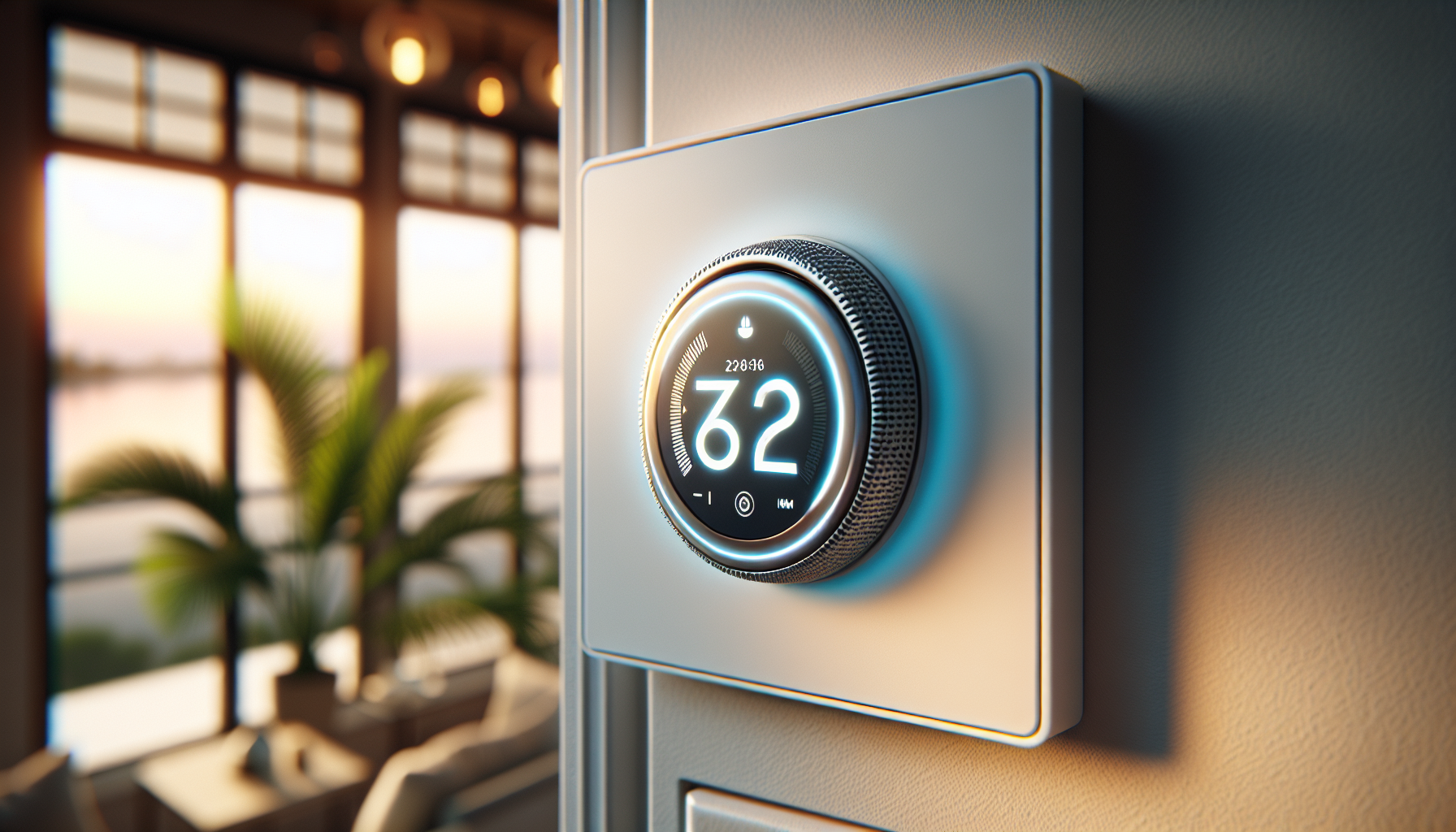
How to look at the control panel
You should check the control panel for lights and error codes. You should read the manual to understand the lights. You should write down any codes that appear. You should look for loose wires and signs of damage like burned spots or bad smells. You should not touch live wires. If you see damage, you should call a technician.
How to check wiring and connections
You should turn power off before you touch wires. You should tighten any loose screw terminals. You should look for frayed wires or corrosion. You should replace connectors if they look bad. If you do not feel confident with electrical work, you should call a pro.
How to check damper motors
You should listen when the system changes zones. You should hear dampers move softly. You should check for slow or noisy motors. You should not spray oil into motors. Motors may need specific lubricants. A technician can open motors and service them safely.
How to check sensors and thermostat calibration
You should compare the thermostat reading to a simple room thermometer. You should place the thermometer near the thermostat. You should wait ten minutes for readings to settle. You should adjust the thermostat if the reading is off by a few degrees. For bigger differences, you should call a technician to recalibrate sensors.
How to check ducts for leaks
You should look for dust or plaster dust near duct joints. You should feel for air leaks with your hand while the system runs. You should seal small gaps with foil tape or mastic. You should not use cloth or regular tape. You should call a pro for leaks inside walls or for large leaks.
Simple troubleshooting steps
You can try a few fixes before you call for help. Try these steps in the order shown.
- Check power. Ensure the thermostat and control panel have power. Reset breakers if needed.
- Replace batteries in thermostats. Old batteries can cause weird behavior.
- Check filter and vents. Clean or replace filters and remove vent blockages.
- Test each thermostat. Set one thermostat very high or low and watch the system respond.
- Listen for damper motion. If dampers do not move, note which zone does not work.
- Check for error codes. Write down codes and search the manual for simple fixes.
- If the problem persists, call a technician.
Problems you should not try to fix yourself
You should not handle any of these tasks on your own.
- Working on live electrical panels.
- Replacing control boards or circuit boards.
- Repairing or replacing damper motors that require disassembly.
- Working on refrigerant lines or the compressor.
- Fixing major ductwork inside walls or ceilings.
You should let a trained technician do the work. These tasks need tools and training. You can hurt yourself or damage the system.
When to call a professional
You should call a professional if the system shows these signs.
- The control panel shows error codes you cannot clear.
- The dampers do not move after simple checks.
- The HVAC unit short cycles or does not run.
- You smell burning or hear loud grinding noises.
- You see water where it should not be.
- You find major duct damage.
A technician can find and fix these problems quickly. You will save money by stopping small problems before they become big.
Why choose KadeCo Inc. for help
You should call KadeCo Inc. for HVAC and zone system help. KadeCo has experience since 1997. Kade worked as a technician for 20 years before he started the company. KadeCo treats customers with honesty. KadeCo does not oversell services. KadeCo gives free quotes. KadeCo will recommend another company if they cannot do the job. KadeCo promises to put your needs first. KadeCo will meet realistic expectations and try to exceed them.
KadeCo Inc
209 Brandywine Rd
Pensacola, FL 32507
(850) 516-7552
What KadeCo will do during a service visit
KadeCo technicians will inspect the control panel and wiring. They will test dampers and dampers motors. They will check sensors and thermostats. They will clean or replace filters and check duct connections. They will calibrate thermostats and sensors if needed. They will run the HVAC unit and test the system across all zones. They will give you a clear report and a fair price.
What to expect during an inspection
You will see the technician arrive with tools and test meters. The technician will ask you questions about the issues. The technician will test each thermostat for correct readings. The technician will open access panels to reach dampers and the control board. The technician will not replace parts without your approval. The technician will show you any parts that need replacement and explain why.
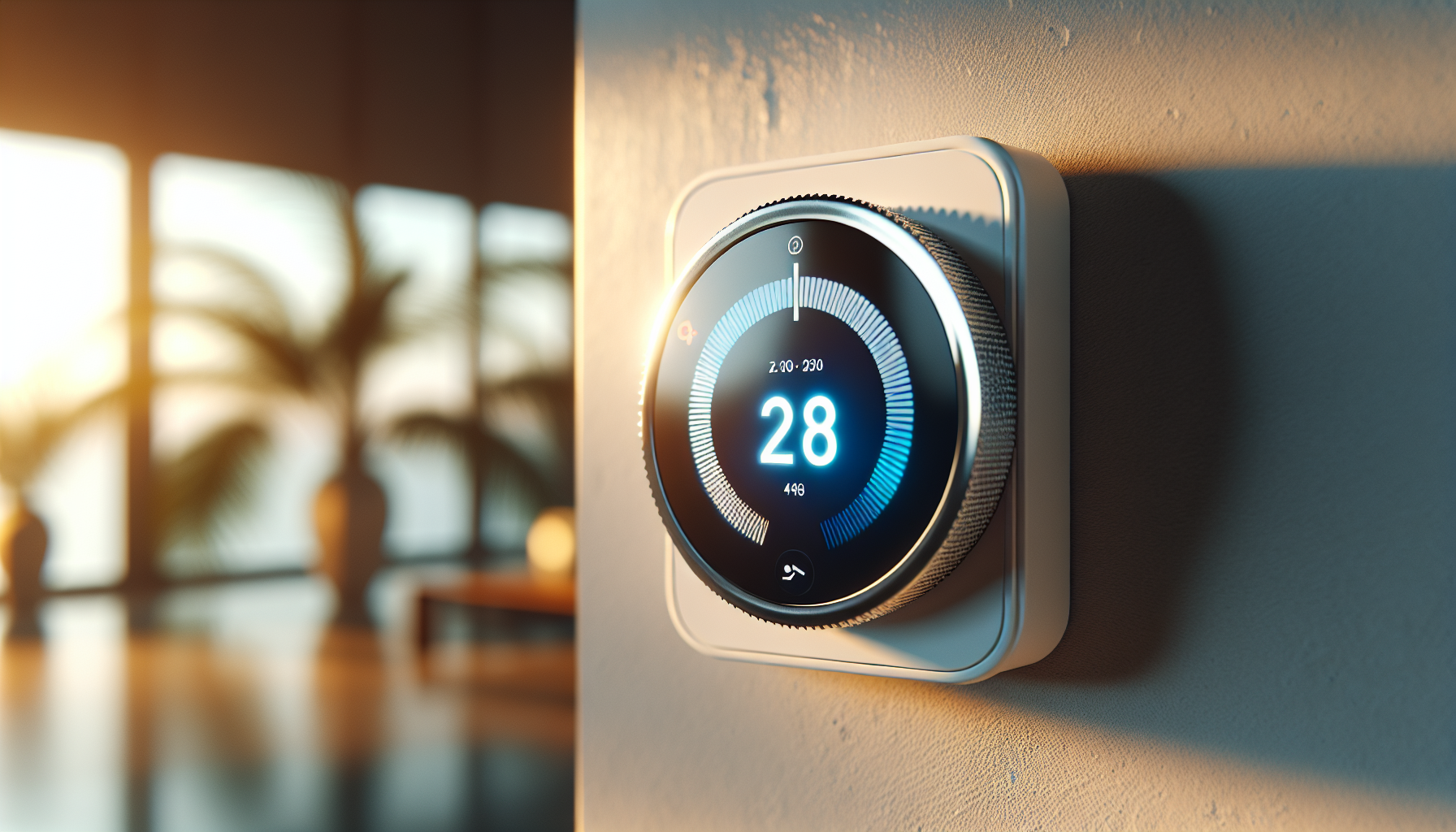
Typical maintenance tasks the pros do
You will see the pros do several tasks that keep your system healthy.
- Clean contacts and tighten wiring.
- Lubricate moving parts when needed.
- Replace bad dampers or motors.
- Check and replace sensors.
- Test safety controls on the HVAC unit.
- Seal major duct leaks.
- Check refrigerant levels and pressures (if needed for cooling performance).
- Update control panel firmware if the system supports it.
How much maintenance might cost
You will see different price ranges. Small tasks cost less. Full inspections cost more. Part replacement adds to the cost. You should get a free quote from KadeCo for your specific system. KadeCo will explain what you need and why. You will get no pressure to buy things you do not need.
Ways to save money on maintenance
You will save money by doing small tasks yourself. You will replace filters often. You will keep vents clear. You will set thermostats smartly. You will program schedules to match when people are home. You will set different temperatures for night and day. You will ask KadeCo about a maintenance plan. A plan can lower costs over time.
How often to schedule professional service
You should schedule professional service at least once a year. You should call a technician if you switch to a new type of thermostat. You should call a technician if you add insulation or remodel rooms. Those changes can affect airflow and zone balance.
How to prepare for a service visit
You should clear access to the thermostat, vents, and the HVAC unit. You should move furniture that blocks vents. You should write down any symptoms you have seen. You should note error codes or strange noises. You should ask the technician to explain the problem and the fix in simple terms.
Safety tips when you look at your system
You should always turn off power before touching wires. You should use flashlights in dark crawl spaces. You should not climb into attics or crawl spaces without help if you feel unsure. You should keep children and pets away from work areas. You should never try to fix refrigerant leaks. Only certified technicians should handle refrigerant.
Tools that help you check your system
You may buy a few simple tools to help you check the system.
- A small room thermometer to compare thermostat readings.
- A flashlight to look in dark vents.
- A voltage tester for safe checks if you know how to use it.
- A small screwdriver set for battery compartments and filters.
- A spring clamp to hold small panels while you look.
- A notepad to track issues and dates.
How a zone system can save energy
You should cool or heat only rooms you use. You should close vents to rooms that are empty. You should use fans to move air in rooms you use. You should keep doors closed to keep zones separate. You should set thermostats a few degrees wider when you are away. These steps reduce the time your HVAC unit runs. Lower run time reduces energy bills.
Common myths about zone systems
People often believe a few things that are not true. You should know the facts.
- Myth: Closing all vents saves energy. Fact: Closing many vents can increase pressure and hurt the system. You should close only the rooms you do not use.
- Myth: Bigger dampers always help airflow. Fact: Dampers must match the system size and airflow needs.
- Myth: Zone systems work without maintenance. Fact: Zone systems need regular checks like any other part of the HVAC system.
Simple daily and weekly habits
You should do small habits each week to keep things running.
- Weekly: Check vents for obstructions.
- Weekly: Confirm thermostats show the right time and settings.
- Monthly: Look at filter and replace if dirty.
- Monthly: Test one zone at a time to make sure it responds.
These habits help you catch problems early.
How remodeling or room changes affect zone systems
You should tell your technician if you add rooms or change doors. You should call a technician after you change insulation or windows. Those changes alter airflow and temperature balance. The technician can adjust dampers and settings to fit the new layout.
How winter and summer needs differ
You should watch the system more in hot months when your AC runs more. You should also watch the system in cooler months if you run heat. You should change filter type if you use heat that produces more dust. You should check seals and insulation before the cold months.
Questions to ask your technician
You should ask clear and simple questions. Here are good questions to ask.
- What did you find?
- Which parts need repair or replacement?
- What will the repair cost?
- How long will the repair take?
- How long before I need another check?
- Can I do any checks myself?
A good technician will answer in plain language.
What to do after a repair
You should test the system after the technician finishes. You should run each zone for a few minutes. You should note any noises or odd smells. You should ask the technician to show you how to use the thermostat and control panel. You should keep the technician’s contact information for future problems.
Frequently asked questions
How long does a dampers motor last?
A motor can last many years if you keep it clean. Dust and lack of lubrication can shorten motor life.
Can I add zones later?
Yes. You can add zones if your system supports more dampers and controls. You should ask a technician to plan the changes.
Will a zone system work with smart thermostats?
Yes. Many zone control systems work with smart thermostats. You should check compatibility before you buy a thermostat.
How long does a professional check take?
A full inspection can take one to three hours. The time depends on how many zones and how easy access is.
Do I need special permits to change my system?
Most small changes do not need permits. Big changes like adding major ductwork may need permits. You should ask your technician if permits are needed.
Final thoughts and your next step
You should treat your zone control system like any other part of your home. You should do small checks and call a professional for the hard tasks. You should get help from a company you trust. For all your HVAC and zone control system needs near Warrington FL, call KadeCo Inc. KadeCo offers honest work and fair prices. KadeCo will inspect your system and give a clear quote. KadeCo will put your needs first and will not sell you parts you do not need.
KadeCo Inc
209 Brandywine Rd
Pensacola, FL 32507
(850) 516-7552
You should save this number. You should call KadeCo when you need help with thermostats, dampers, wiring, or full system service. You should call KadeCo for free quotes and honest answers. You will get help from a team with many years of experience. You will get work done the right way.


